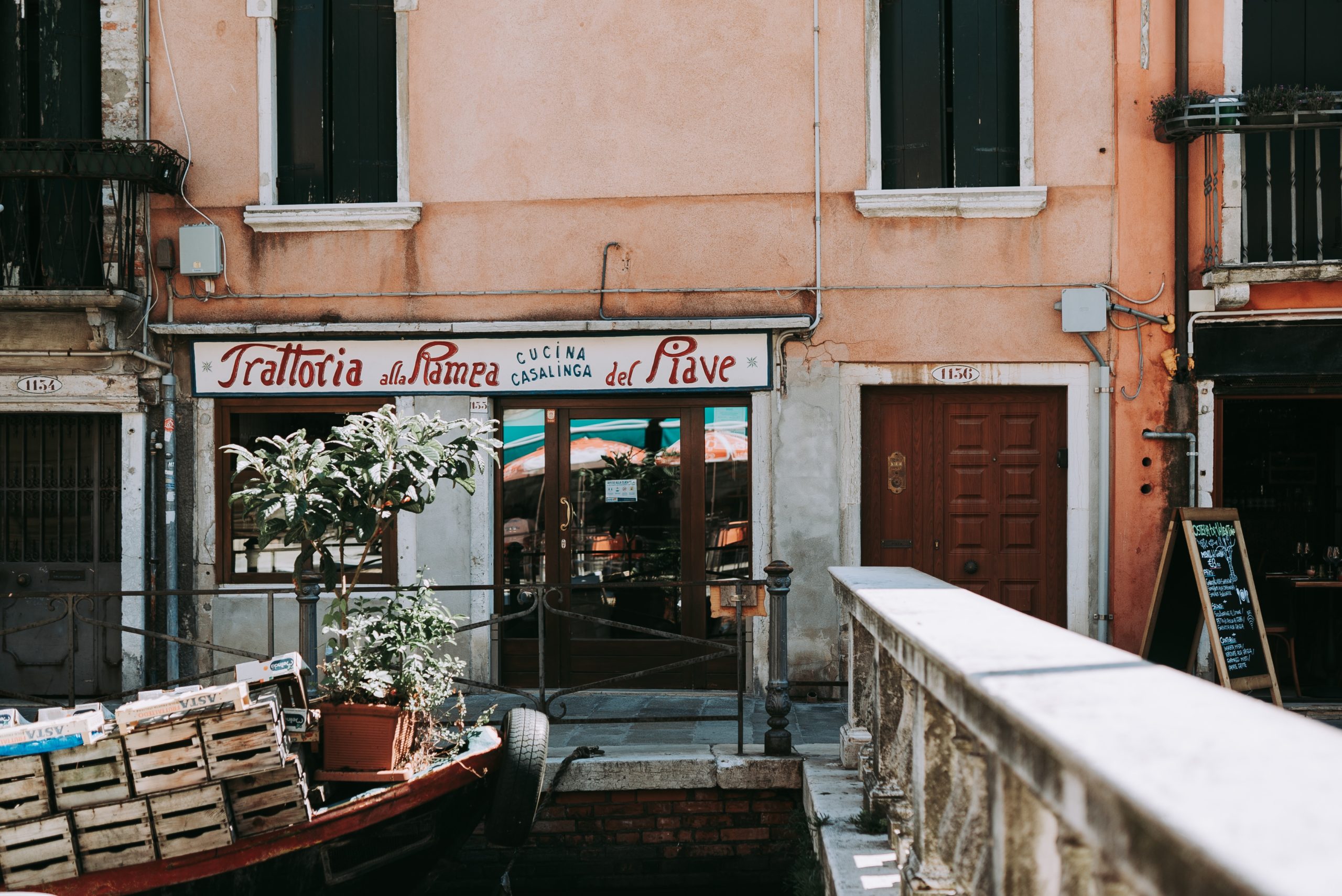Blog
Cils A2 Exam: A Comprehensive Guide to Help You Succeed
There are different levels of language certifications for Italian speakers. One can choose between an beginner (A1), advanced beginner/elementary (A2), lower-intermediate (B1), intermediate (B2), advanced (C1) or a mastery level (C2). The most known certifications for...
Italian Phrases and Words to Use At Restaurant
On this page, you will find a list of sentences that will make your life easier when you're at a restaurant in Italy. Before going through the list, you might also want to know that it is customary to be seated or make a reservation, especially on weekends. Types of...
Best Italian Magazines for Learning Italian
Italian magazines are an excellent way to learn the language and improve your Italian skills. You will be exposed to new words, phrases, and idioms. Plus reading them can make you feel like you're in the country. Easy Magazines for Intermediate Italian Learners ...
Perché, Perciò, Siccome: The Difference
Perché: why / because Unlike in English, perché is used in both a question and an answer in Italian. Perché hai chiamato il taxi? Perché ero in ritardo - Why did you call a cab? Because I was late. Perché used to indicate the cause of something...
Lasciare, Partire, Uscire, Andare via – The Difference
In this article I want to shed light on the difference in the usage of four Italian verbs that my students mix up all the time! lasciare - to leave (permanently) partire - to leave for/from uscire - to leave, to go out, to hang out andare via - to leave As...
How to Use ‘Proprio’ in Italian
1. Really, just As ad adverb, proprio, meaning really. Quello studente è proprio bravo! Mi piace proprio il nuovo film di Sorrentino Sometimes proprio means 'just', especially when combined with the adverbs of time (adesso, ora ) or a numeral adjective Ho finito di...
Giocare vs. Suonare (the difference with English)
The English for the verbs 'giocare' and 'suonare', is 'to play'. The French for both, is jouer. Nevertheless, giocare and suonare in Italian come with different meanings. What's the difference? Giocare suggests the idea of being involved in a game (un gioco)...
Understanding the use of ‘Anzi’ in Italian
What does 'anzi' mean? Anzi is hard to translate in English, so its meaning can throw off non-native Italian speakers. However, this adverb is very common in spoken Italian because it works as a shortcut to rephrase something previously mentioned. Generally, we...
Smettere vs. Fermare: What’s The Difference?
Misusing or swapping the verbs smettere and fermare is one of the most frequent errors Italian learners make, and I understand why. The confusion is driven by the fact that both verbs, in English, have only one translation:to...
Più, di più, in più: The Difference
What does 'più' mean in italian? Più is a common Italian word meaning 'more'. However, sometimes it appears in combination with 'di' or 'in.' These forms are not interchangeable, are used for different focuses, and, of course, have slightly different meanings. Let's...










